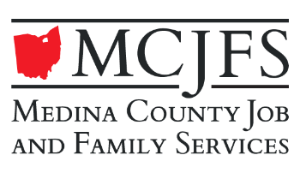"I was so traumatized." If you listen to my teens talk with their friends for very long, you'll likely hear some version of this phrase. However, when we talk about trauma that children in foster care have experienced, we are not referring to the barista at Starbucks spelling their name wrong on their cup. Unfortunately, the term "trauma" has been overused and misused, causing us to become somewhat numb to the reality of trauma and its effects on children.
According to AdoptUSKids, "child traumatic stress occurs when children and adolescents are exposed to events or situations that overwhelm their ability to cope and interfere with daily life and their ability to function and interact with others." For many children in foster care, this includes some form of neglect or abuse in addition to the trauma of removal from their birth family, friends, school, and community.
So what does that mean for foster parents caring for children who have experienced trauma? Trauma affects a child's brain, body, behavior, and way of thinking. So, as foster parents, we need to understand that traditional parenting techniques and approaches to managing behaviors do not work for these children. Their sense of security and safety has been disrupted and they are no longer able to process and respond in ways we might expect or that might make sense to us. They are frequently reacting and behaving in survival mode.
In "3 Reasons Traditional Parenting Doesn't Work With Kids From Trauma," author and foster/adoptive parent, Mike Berry describes his experience trying to parent children from trauma for the first time. He is open and honest about his ignorance and failures... and I can totally relate! Until you understand the ways trauma can cause a child to behave, it's far too easy to believe children are simply behaving badly. But the more you come to understand the effects of trauma, the more you can understand that it's just not that simple.
At the very least, this knowledge should encourage us to change the way we view behaviors in our children and youth. But the best part of all this research is that there is hope! We know that there are practical ways to engage with children from hard places that help to build healthy pathways in their brains and overcome the negative effects of trauma.
At MCJFS, we are working hard to equip our foster parents with the knowledge and training necessary to work with our youth who have experienced trauma. We need more families willing to work with kids toward health and healing. Could you be that family? Click here to learn more about our program or complete an Inquiry Form to talk with someone.
« Back to BlogPhone: (330) 722-9398
Toll-Free: (800) 706-2732
Fax: (330) 722-9238
Email: medina_child_support_01@jfs.ohio.gov
